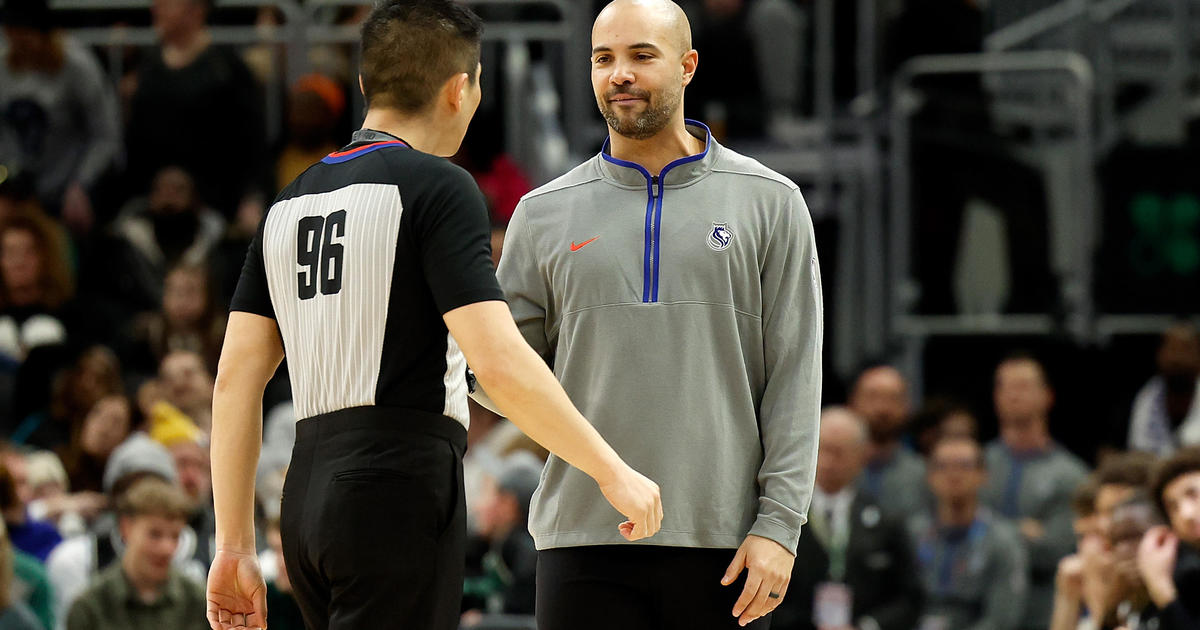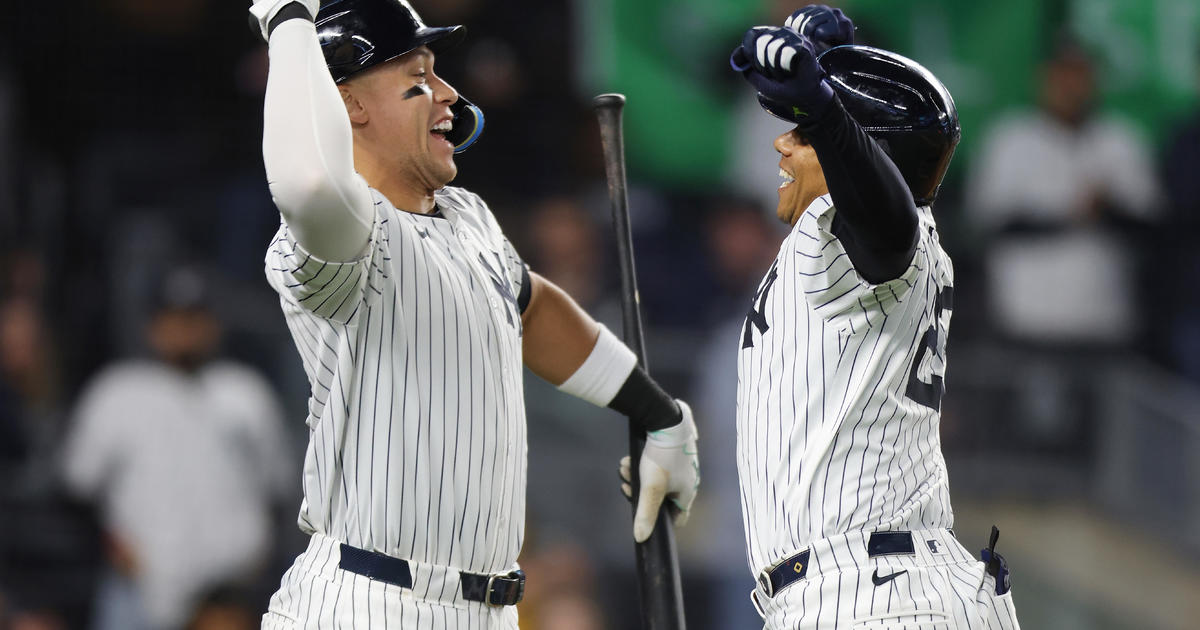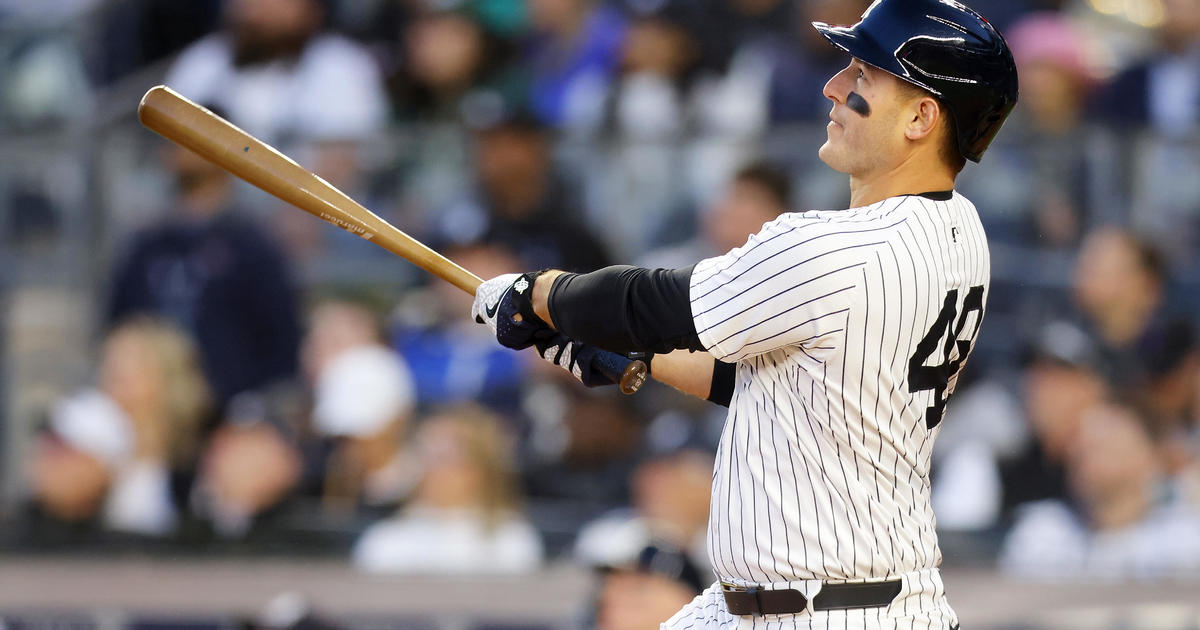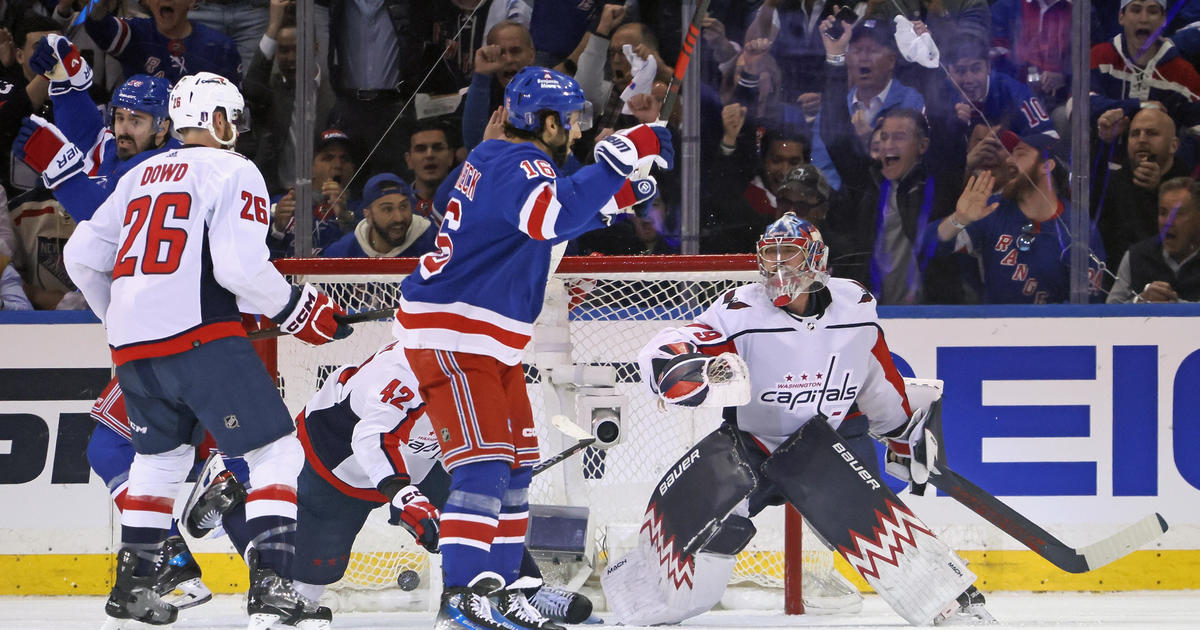When Veeck and Saperstein Nearly Integrated Baseball... In 1943!
By James H. Burns
Jackie Robinson's intelligence, talent and class always destined him to be a star on an athletic field, and courageous in his private and public lives.
But was it almost unnecessary for him to also become a pioneer?
In late 1942, Bill Veeck, a maverick minor-league baseball team owner (and the son of a one-time Chicago sports writer, who became president of the Cubs), had a brainstorm.
In collaboration with Abe Saperstein, the founding coach (and driving force) behind the Harlem Globetrotters, Veeck and some other partners were within a virtual pen-stroke of buying the Philadelphia Phillies.
Veeck and Saperstein intended to stock the 1943 team with such legendary Negro League All-Stars as Josh Gibson, "Cool Papa" Bell, Martin Dihigo, Ray Dandridge and Satchel Paige.
This would have marked, of course, baseball's first acknowledged integration -- with players who (mostly) never wound up playing in the major leagues.
When Kenesaw Mountain Landis, baseball's commissioner from 1920 through 1944 -- and noted by several authors as a racist -- learned of what was supposed to have been a secret plan, he blocked the sale.
Veeck ultimately enjoyed a Hall of Fame-honored career, owning, successively, the Cleveland Indians, the St. Louis Browns (today's Baltimore Orioles) and the Chicago White Sox.
(And Veeck did make history, in 1947, when he signed Larry Doby as the American League's first African-American player, for the Indians.)
But imagine an America where the color line had been broken during World War II and years before Jackie Robinson: A baseball universe where some of the greatest athletes ever to grace a diamond were allowed to compete with their peers.
Enter Jackie
One of the toughest elements for Robinson to initially endure as he broke baseball's color line in 1947, no doubt, was his promise to Dodgers head honcho Branch Rickey not to respond to any harassment on the field.
One of my favorite Robinson stories occurred after that season, because it highlights Robinson's humanity, a factor perhaps too often forgotten in light of the awesome courageousness -- and talent -- that created so much of his legitimate legend.
Robinson ultimately became known as someone who, on the field, could (understandably) be irksome.
(On the diamond, of course, Robinson specialized in "annoying" opposing pitchers, and others, with his intense level of play, but it wasn't always necessarily accompanied by a smile...)
One day, a few years into his career, Robinson stormed into the clubhouse, furious after a game because he had again been thrown at. It was a sure sign, he felt, that racism was far from being ejected out of the great American pastime.
Pee Wee Reese, one of Robinson's best friends on the Dodgers, told him to relax.
Robinson was stunned, mortified that his buddy was apparently tolerating such bigotry.
But Reese looked at him and said, "Some people, Jackie, just throw at you because you can be a (jerk)."
(James H. (Jim) Burns, a writer/actor living in Long Island, has written for such magazines as Gentleman's Quarterly, Esquire, Twilight Zone and Heavy Metal. More recently, Jim has made several contributions to Broadway and Off-Broadway productions, become active in radio, and written Op-Eds or features for Newsday, The Village Voice, and The New York Times.)
What's your favorite Jackie story? Let us know in the comments below!



